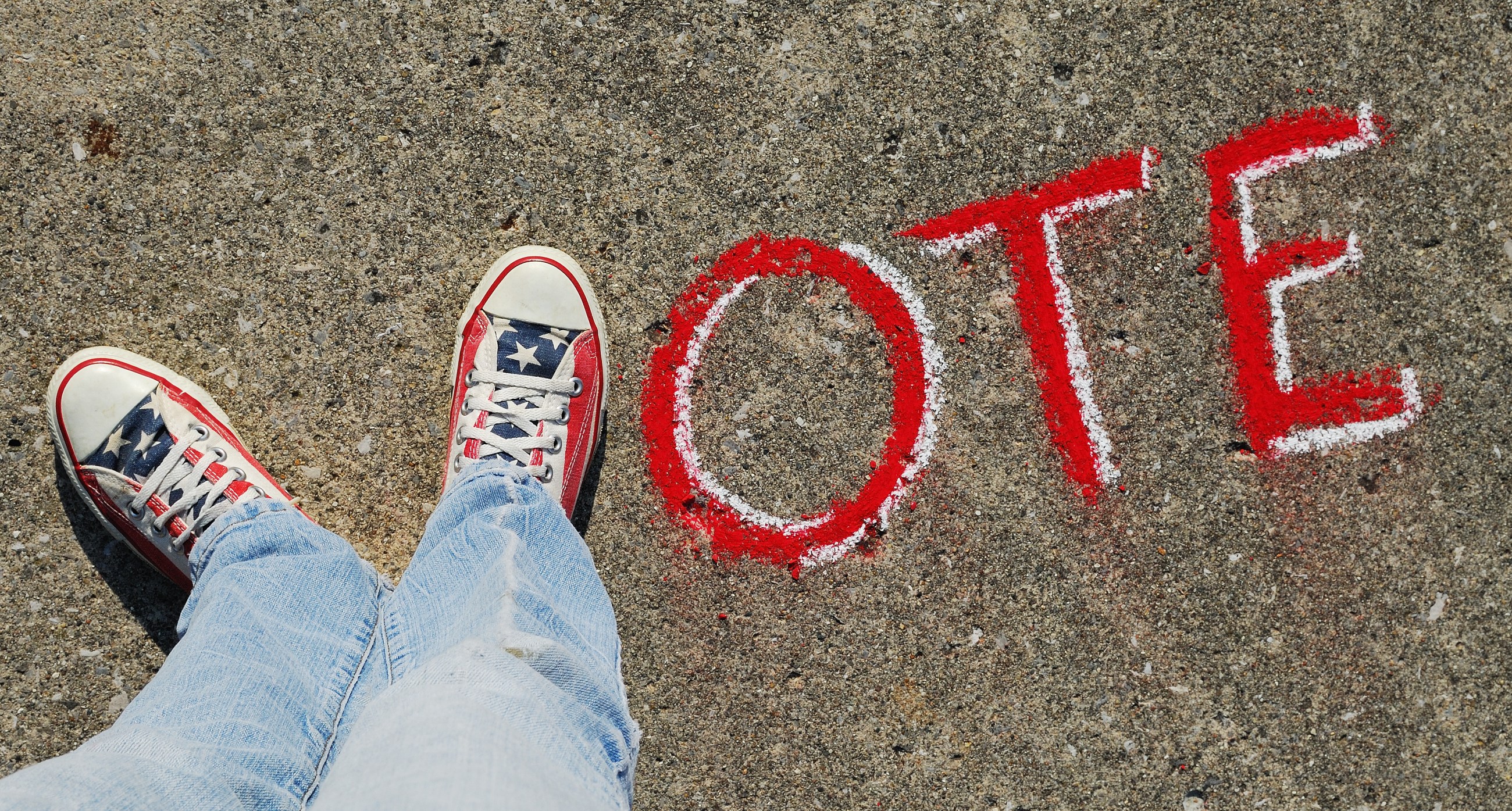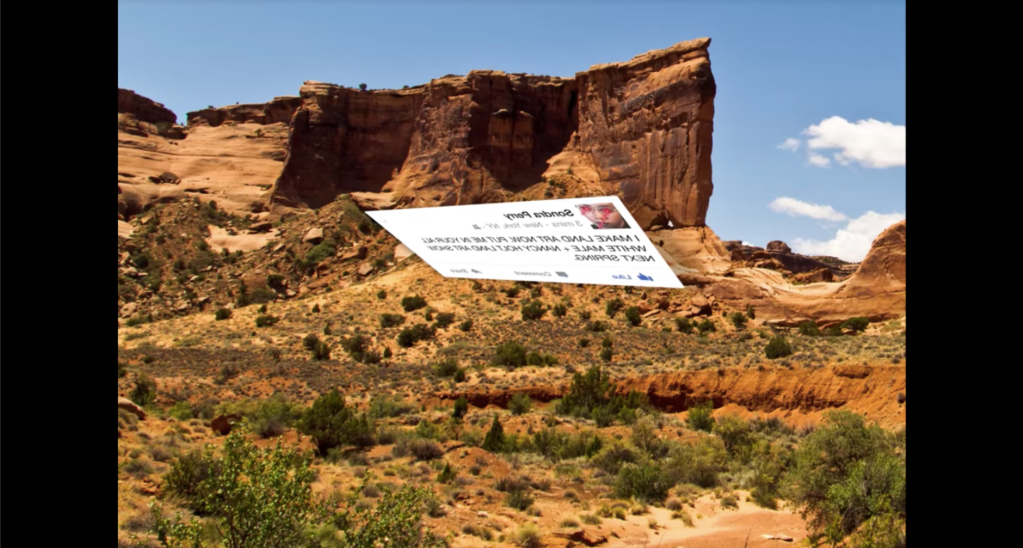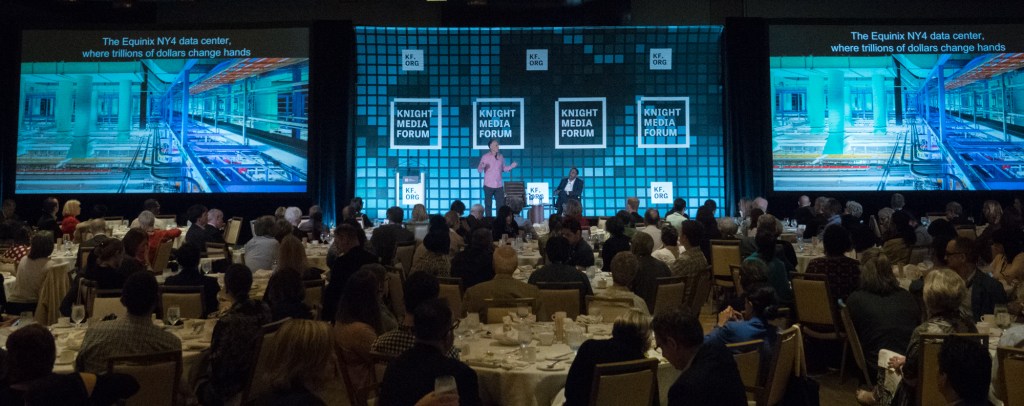
What motivates you to vote in local elections? App wants to find out.
Knight Foundation recently awarded Ballot Knight Prototype Fund support to build and test app to encourage voting in local elections. As we approach the next Knight Prototype funding deadline on Nov. 16, Ballot’s Amy Chiou and Michael West write about the app’s progress. Photo credit: Theresa Thompson on Flickr.
Did you vote last year? If you did, you were one of only 36.7 percent of Americans who voted in the midterm elections in 2014. If you didn’t, you are far from alone. When it comes to local elections, voter participation in major cities like Los Angeles, New York and Philadelphia is just at or below 20 percent. Participation, particularly in the form of voting, is essential for a thriving democracy. So we, the Ballot team, were motivated to find out how to get more people to vote locally.
With the support of a Knight Prototype Fund grant, we set out to develop a free mobile app to make voting easier by offering more personalized information on elections.
Our team used the human-centered design brainstorming and planning tools we learned at the LUMA Institute workshop, through the Knight Prototype Fund process, to develop the Ballot prototype. We identified key stakeholders, created user profiles and built paper prototypes. We also conducted individual interviews and hosted focus groups of voters, non-voters, political consultants and candidates to understand what they believed were the barriers to election participation. From our focus groups and interviews, we heard things like, “I don’t know anything about the candidates” and “I don’t know enough about the issues to vote.” We also learned that many people are unfamiliar with the voting process and lacked knowledge about how to register to vote, the location of their polling place and the mechanics of early voting.
Armed with a deeper understanding of our user, we set out to make currently available voting information accessible in an attractive and easy-to-use mobile app. We selected three features for the Ballot prototype:
1. Address locator: allowing Ballot to display the voter’s district-specific candidates;
2. Local issues quiz: offering questions from community organizations that help Ballot understand what issues are most important to a voter;
3. Candidate listing: providing a complete list of candidates on a voter’s ballot with a mini profile for each candidate.
As the development process unfolded, we also tested feature designs, layout, functionality and appearance with potential users. Throughout the iterative process of building, testing, soliciting feedback and continuously refining, we were able to develop a prototype voting app quickly and in time for the November 2015 municipal elections in Charlotte, N.C..
We worked with nine local and state community organizations to come up with 97 questions about relevant issues. We invited 105 users for a private beta test, and together they answered 2,667 questions and viewed candidate profiles 502 times.
The prototype process was a huge success and we were able to learn really valuable lessons in just six months about what both candidates and users want. Based on what we found, we are building a portal so candidates can create and manage their own mini profiles. We want to partner with even more community organizations for issue awareness and quiz questions.
Many of the users wanted to learn more about local government, so we have plans for educating users about local offices and key terms. For 2016, we want to expand to state and local offices. In addition to building new features, we also plan to launch Ballot in the Raleigh-Durham area for the March 2016 primary election in North Carolina, as well as in Los Angeles, and possibly Miami later in 2016. Throughout the development process, we will continue to explore new ways we can use Ballot to increase voter turnout and foster local civic engagement.
Recent Content
-
Artsarticle ·
-
Artsarticle ·
-
Community Impactarticle ·


